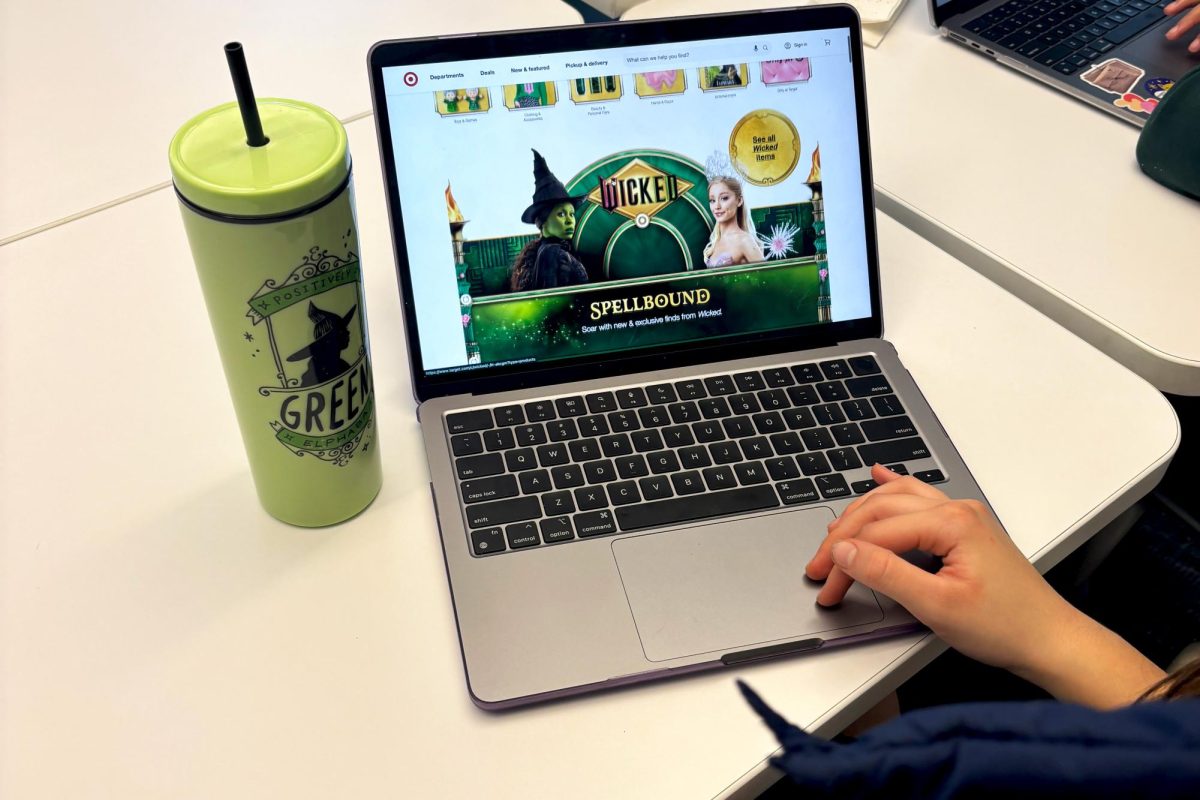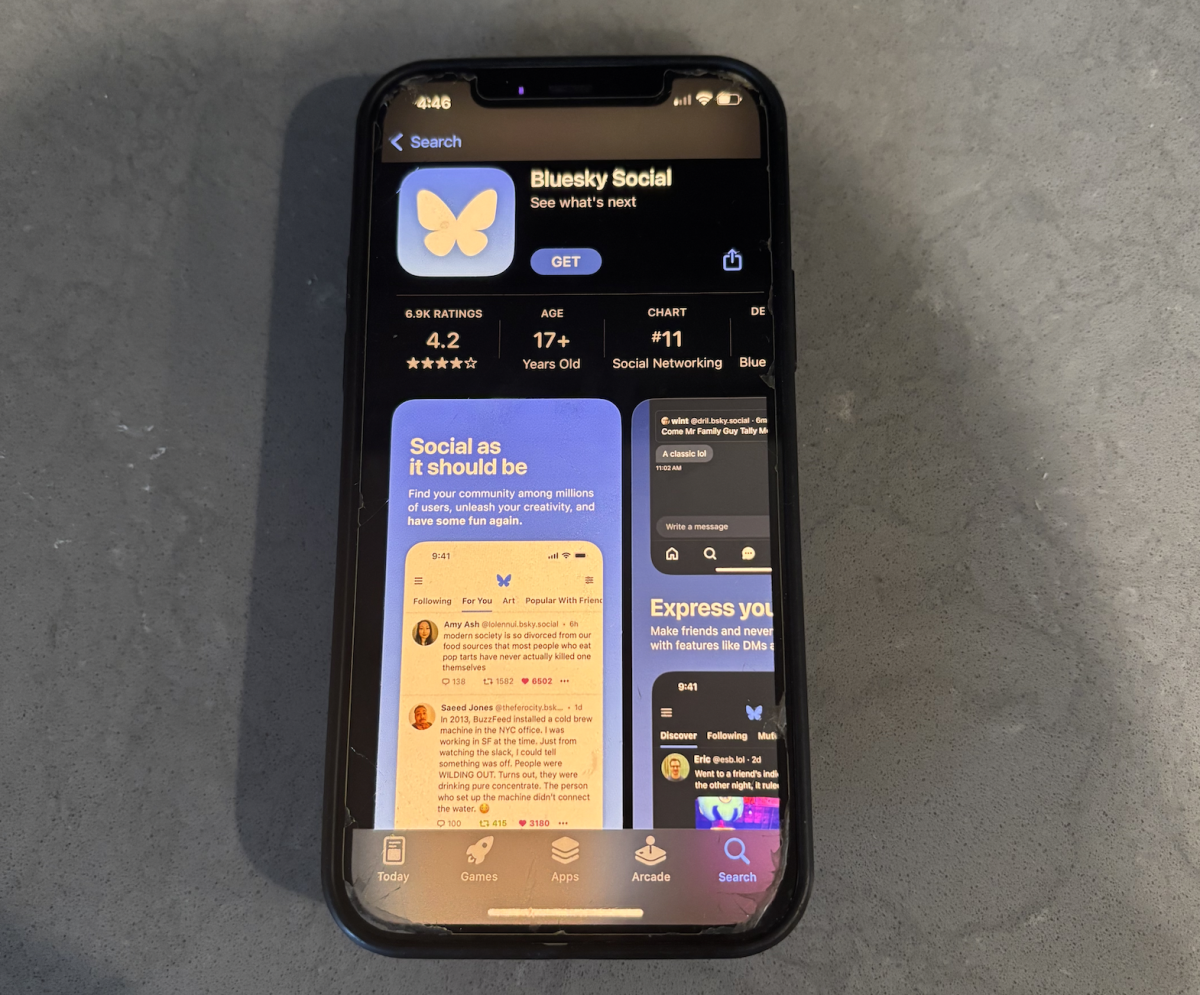When high schoolers discuss potential extracurricular activities with their peers, I have noticed an increase in statements like, “I should start a nonprofit to boost my college application” or, “Leading a nonprofit would look good on a resume.”
Founding a nonprofit is one of the many activities students pursue, as it’s a solid way to help a community and make an impact. But there is a question to be asked of how sustainable these nonprofits truly are. If a student’s motive to found an organization is heavily rooted in the personal end goal of college admission, they might be less motivated to continue their work after getting into college.
A nonprofit is an organization that must be established exclusively for charitable, religious or educational purposes. It must also meet the requirements of section 501(c)(3) — a specific tax category for nonprofit organizations — to be considered exempt from federal income tax and for donations they receive to be tax deductible.
Going into 10th grade, I have noticed an increase in student-led nonprofits, not only at Archer but also on social media. This spike has made me reconsider possible motives for creating such organizations, as well as how they might be sustained in the long run.
I co-lead an official 501(c)(3) organization called Reflect Empathy, and our mission is to spread awareness of humanitarian crises through the power of words and art. Reflect Empathy was born from a desire to fight against the lack of empathy people often feel when learning about an international humanitarian crisis through screens, statistics or even books. From the start of our organization, the co-leader of Reflect Empathy and I were motivated more to deepen peoples’ paths of empathy than to impress colleges.
Yet, that doesn’t mean we aren’t thinking about college entirely. Truthfully, I think it is okay for college to be a partial motivation to create a nonprofit, and that it is reasonable for high schoolers to think about how leading a nonprofit could positively affect their applications. The distinction lies in that college should only be a partial motivation and not the only motivation. Most of this motivation should stem from passion and a desire to solve an issue in the world today. When a student is truly dedicated to their cause and enters college, it is more likely they will sustain their motivation to run their organization.
With Reflect Empathy, after the co-leader and I graduate high school, we plan to continue to shed light on different humanitarian crises by maintaining our network of campus chapters and producing more virtual-based events like blog posts and podcast episodes.
Students should be able to create and sustain nonprofits if they have demonstrated their passion for a cause and have clear plans after college to support their mission. Tangible evidence that such a nonprofit will benefit or affect a community for the better after a student has graduated college demonstrates the student’s commitment to their cause and authentic desire to help a community.
Still, this increase in student-led nonprofits has spawned blog posts actively discouraging youth from starting nonprofits, so I feel a stigma is slowly being built around nonprofits as a quick way to gain volunteering hours and donations for the sole purpose of having an impressive title on a college application. While some of this may be helpful, students who focus mainly on creating nonprofits to assist communities in need can reorient the perception of such organizations into something more positive.
At Archer, student-led nonprofits and aspiring nonprofit organizations such as Coco’s Angels and Empowering Hearts are helping communities for the better. Whether it’s through conducting toy drives for foster youth or creating care packages to donate to breast cancer treatment centers, these actions stem from a true passion to change the world, often sparked by personal experiences.
Coco’s Angels was created after Delara Tehranchi (’23) and Layla Tehranchi’s (’24) family adopted a foster child named Coco, and Empowering Hearts was founded after senior reporter Emily Paschall (’26) and Ava McQuade (’26) shared the experience of seeing their loved ones impacted by breast cancer. These personal experiences are imperative to fueling passion and opening one’s eyes to the issues of our world. By following a true passion to help those in need, students with a desire for change will ultimately impact more lives by sustaining and growing their organizations instead of abandoning their leadership roles.
However, even if there are students with a strong desire to make change after college, they face additional obstacles, such as finding time to lead a nonprofit and gaining the necessary outreach and resources to do so. If students can overcome obstacles such as these, they demonstrate commitment to their mission — which can be as simple as helping underprivileged schools fund gardens — and provide help to others extending beyond the surface-level ambition of college admission.
College truly should not be the end-all be-all for a youth-led nonprofit’s purpose. If you are thinking of starting your own nonprofit, think deeply about your motivations. If you feel strongly about a social issue no one else is directly focused on and have substantial methods to address it, then a nonprofit might be the way to go. Just remember: passion can take you further than what any admission letter can offer.
















